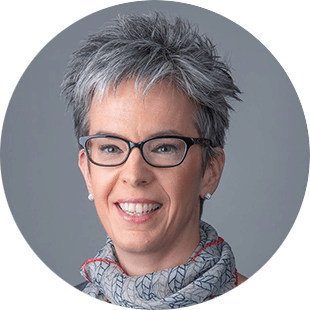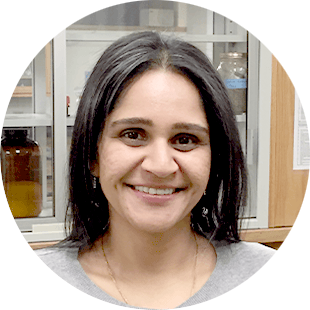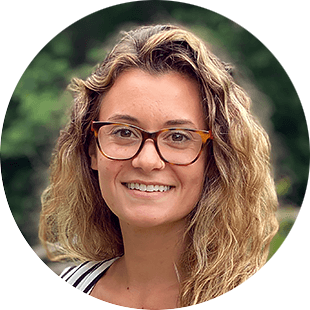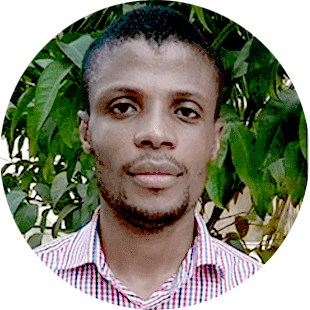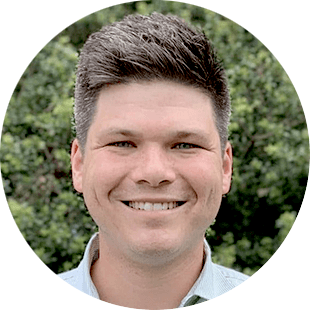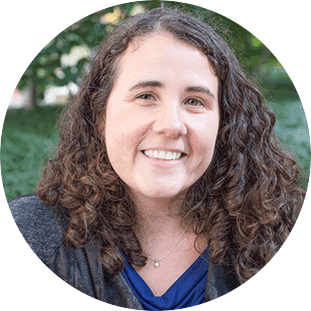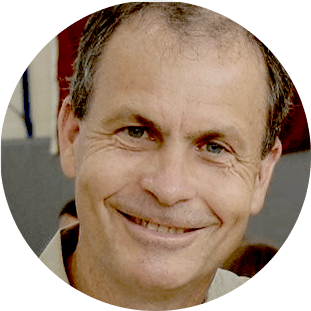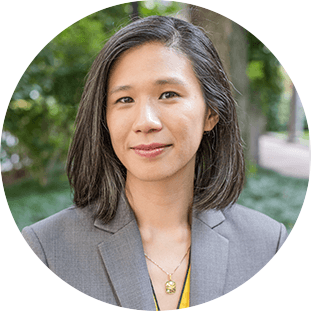Developing clinical trials infrastructure for the developing world
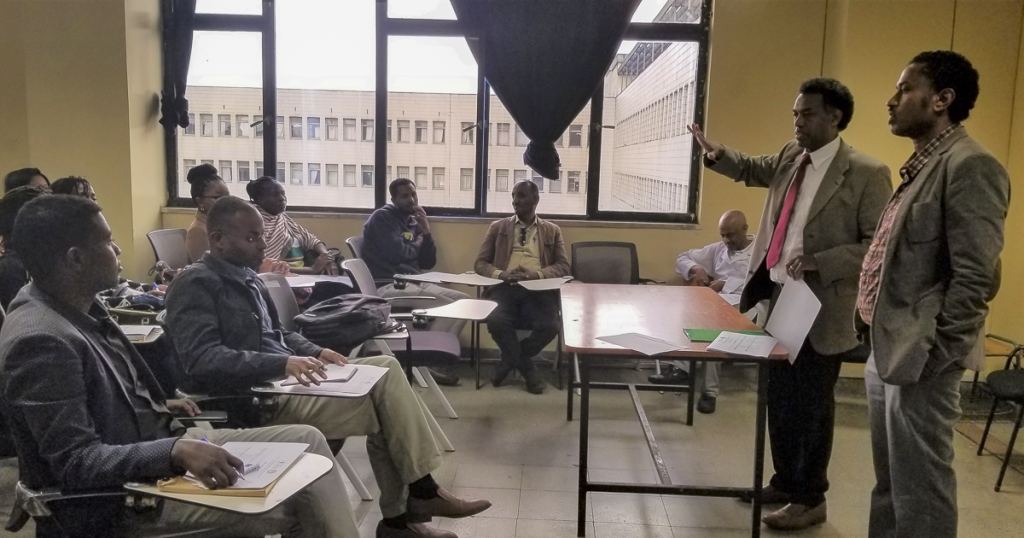
About the department
The Center for Innovative Drug Development and Therapeutic Trials for Africa (CDT-Africa) at Addis Ababa University (AAU) is a World Bank-funded center of excellence that aims to be an Africa-based global institution for groundbreaking medical discoveries and development.
One of its primary goals is to address inequality in access to medicine in Africa. Poor access to essential medicines in Africa is not just a health concern, but also has major economic implications. The institution is providing the infrastructure and trained personnel needed to solve health problems in both Africa and the rest of the world.
As a regional platform, CDT-Africa is dedicated to advance biomedical innovations across Africa, harnessing knowledge transfer and international partnerships effectively so as to ensure Africa plays a central role in addressing its own needs regarding access to essential medical commodities and contributes to the health and wellbeing of the world.
CDT-Africa was first established as a clinical trial unit of the College of Health Sciences at Addis Ababa University in 2014. By 2017, with support from the World Bank, this unit evolved into a regional center of excellence as part of the Eastern and Southern Africa Higher Education Centers of Excellence initiative (ACE II).
Impact on development
CDT-Africa is invested in global health equity by training healthcare workers and researchers to address the global disparity in access to medicines.
Meet the Awardee
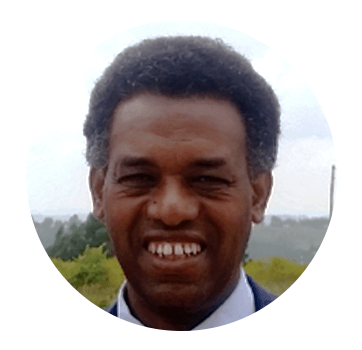
About the institution
Location:
Year established:
Number of faculty:
Number of students impacted annually:
Why Seeding Labs?
CDT-Africa will use equipment to support postdoctoral training and research. Instrumental Access equipment will also facilitate research on medicinal products, personalized medicine, drug design, vaccine development, and diagnostics.
Did you know?
Dr. Abe Fekadu Wassie and Seeding Labs CEO Melissa P. Wu, PhD, were featured guests at the 2023 ThermoFisher roundtable on equity in science.

